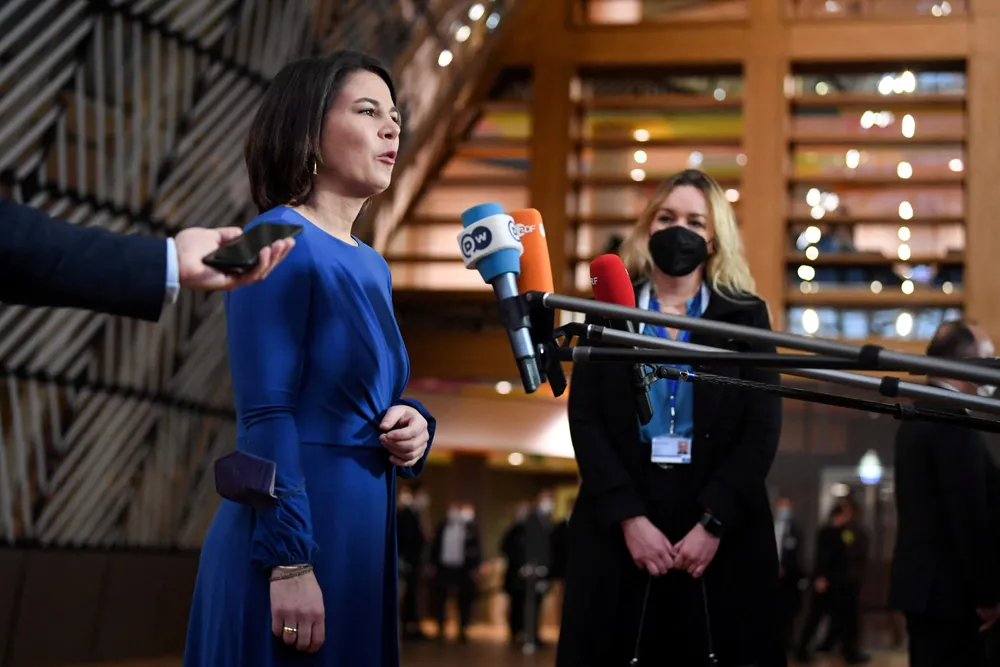Renewed concerns drive up European gas prices
Nord Stream 2 concerns, forecasts of lower temperatures and Belarus gas transit threats are prime concerns

Nord Stream 2 concerns, forecasts of lower temperatures and Belarus gas transit threats are prime concerns
